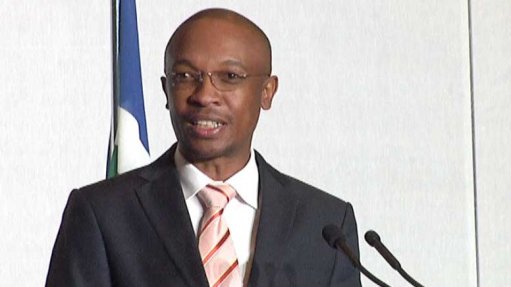
Almost half of the food pro- duced worldwide ends up on landfill sites, with South Africa contributing more than 9.4-million tons to this global scourge, United Nations Environmental Programme representative Cecilia Kinuthia-Njenga revealed at the recent Joburg Waste Summit 2013.
These figures resonated with keynote speaker and Johannesburg Mayor Parks Tau, who pointed out that about a quarter of Johannes- burg’s 4.4-million residents go without food for an average of three days each month.
Tau reported that 22% of the city’s population were cate- gorised as poor and, of these, 42%, or 420 000 people, were food insecure. “As a result, food security and urban agriculture have become a critical part of the programmes that we pursue as the City of Johannesburg. We believe we should set ourselves an objective to build a city where no one goes hungry,” he said.
Tau highlighted this as the start of the City of Johannesburg’s strategy to deal with poverty. “We cannot deal with everything at the same time. Therefore, we have prioritised food security as a critical intervention to enable us to confront the challenge of poverty, unemployment and hunger.”
He mentioned that a large- scale intervention from a food-waste perspective might help identify weak points in the value chain.
Tau further said that Johannes- burg was fast running out of landfill sites and might have to export its waste to neighbouring cities or provinces. This, however, would come with cost implications for Johannesburg citizens because the waste would have to be loaded onto vehicles and transported.
The Waste Summit may, however, have helped to provide solutions for some of the city’s – and South Africa’s – social and environmental challenges, including unemployment, poverty, inequality and the increasingly limited space available to properly dispose of waste.
The yearly event is aimed at providing opportunities for the City of Johannesburg to engage the waste industry and stakeholders in its waste management strategy. This involves putting programmes in place up to 2040 to help develop Johannesburg into a livable, sustainable and resilient city.
The 400 delegates who attended the two-day event – including representatives from community organisations and the glass, plastics, paper, packaging and poly- styrene industries – compared best waste-management practices in other parts of the world, including how, in some developing countries, the poorest citizens used waste management to improve the standard of their lives, while contributing to keeping their cities clean.